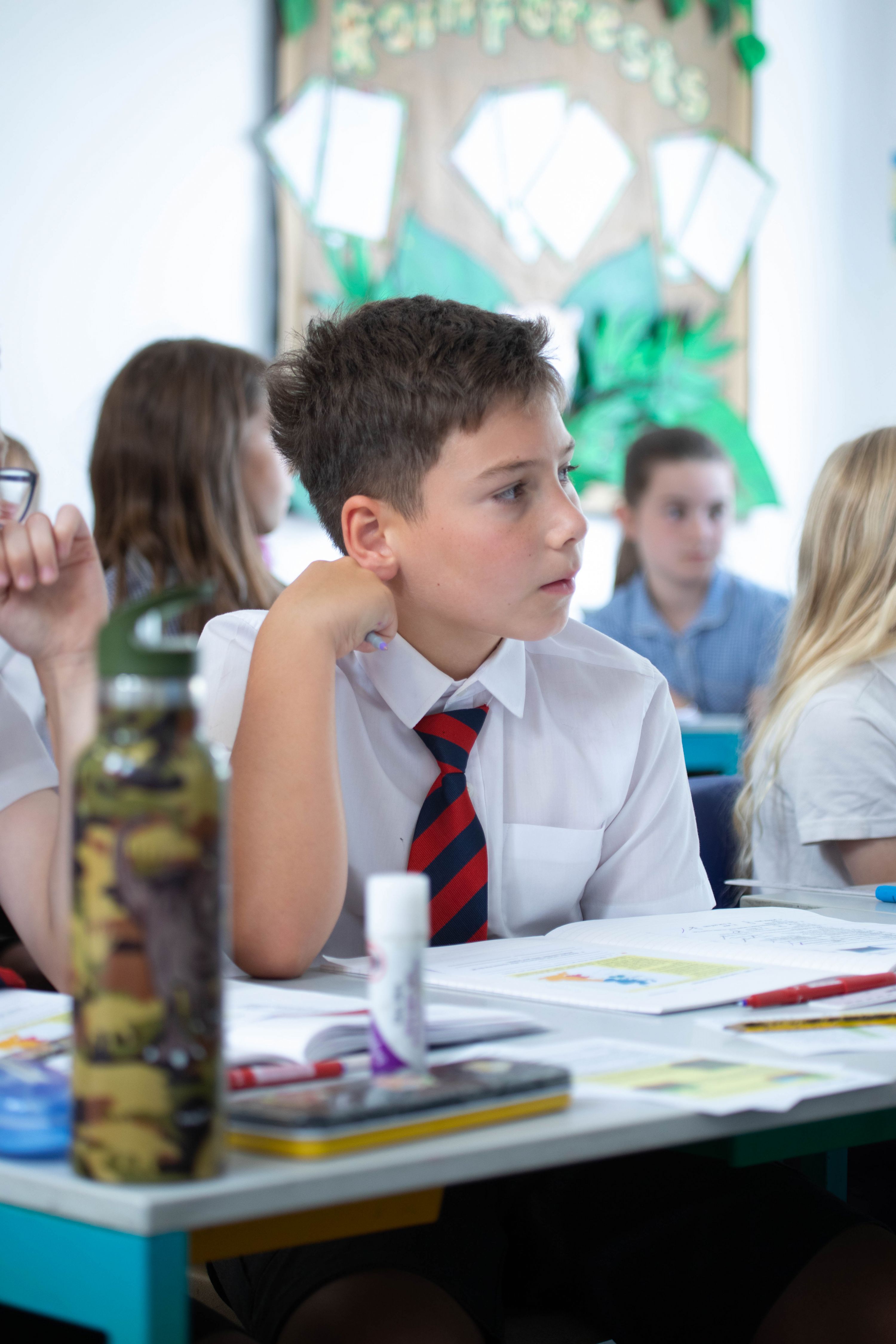
Curriculum
Intent – The ‘What’
Within our trust we provide pupils with a knowledge-based curriculum that develops essential skills, equipping them for the next stage in their education and lives. This knowledge-based curriculum approach is intended to ensure pupils develop a deep body of knowledge across the curriculum. We believe that through a well sequenced, progressive curriculum our children can develop the knowledge and skills to excel in a rapidly changing world. The curriculum is successfully adapted to meet the needs of pupils with SEND, so they can develop their skills and knowledge along with their peers.
Our curriculum enables pupils to think critically about local and world issues and to interact successfully with the world around them. The way our curriculum content is selected allows vital concepts to be taught progressively through the school which allows links to be made between different concepts and vital learning to be rehearsed and retrieved when needed in order to build ‘cumulative fluency’ across all subjects.
All areas our curriculum are not only well sequenced, but ambitious and ensures we have high expectations for all children in our school. We understand the importance of quality across all subject areas because every subject plays a part in a child’s holistic growth and knowledge development.
We place importance on reading and reading across the curriculum. We believe that reading is crucial to learning, and we prioritise this from the moment children start in Early Years.
Implementation – The ‘How’
Our knowledge rich approach is delivered by teachers with strong pedagogical knowledge. There is a focus on teachers developing effective learning sequences. Throughout the teaching we ensure that retrieval activities are utilised and feedback from this is used to inform the rest of the learning sequence.
The focus on children ‘knowing and remembering more’ means we have worked to ensure that teaching sequences build in opportunities for retrieval and rehearsal of core concepts to ensure these transfer into long term memory.
We use the "I do, we do, you do model".
The “I do” is to give clear explanations using a direct instruction approach. The “we do” provides an extended handover and allows teachers to check pupils’ understanding and correct any misconceptions. Then “you do” provides plenty of practice to improve and consolidate learning.
The sequence of each of these stages is fluid and the cycle can be applied numerous times in one lesson or spread across numerous lessons. The sequence may also go – I do, we do, I do, you do, I do. It all depends on the information gleaned when checking for understanding.
Scaffolds and supports are used to ensure that all children have the opportunity to reach the high expectations of the curriculum. In addition to this, by focusing on slowing learning down we try to ensure that our focus remains on depth and allows knowledge to be retained and remembered.
Our dedication to reading is seen in classrooms with it being prioritised across the curriculum and ensuring we have a rigorous and sequential approach to the teaching of phonics and spelling.
In order to support our class teachers in the implementation phase we have a robust approach to professional development that tackles two strands:
Firstly, ‘content knowledge’ which is focused on ensuring teachers have the required subject knowledge to deliver the curriculum. Secondly, pedagogical content knowledge’ which is focused on ensuring teachers have the required knowledge of good teaching to enact the curriculum in the classroom. We support this through well-though out schemes, planning days, subject leaders supporting individuals/year groups and other CPD opportunities.
Impact – The ‘How Well’
The impact of our curriculum is where we focus on and measure the quality of outcomes. Essentially we are focused upon ensuring that pupils are making progress in what they need to know and remember.
Teachers and leaders check that they are learning what is intended in the curriculum. This measuring is completed in a variety of ways and all ongoing assessment and monitoring is vital. What we see in classrooms and what we hear when we speak to children are the drivers for assessing our intent and adapting and improving our implementation.
Class teachers are responsible for the formative assessment of their children, allowing them to see the impact of the curriculum they are delivering and adapt it accordingly to the needs of the children.
Children are regularly spoken to by Subject Leaders and Senior Leaders to assess their understanding of the curriculum with a particular focus on what they have learned and remembered.




